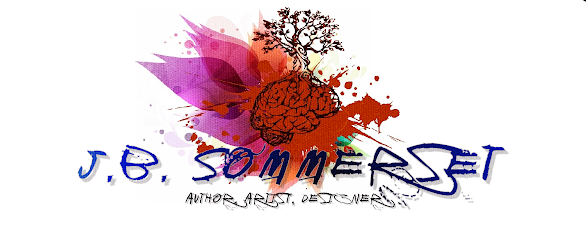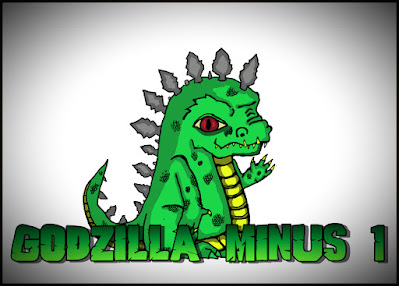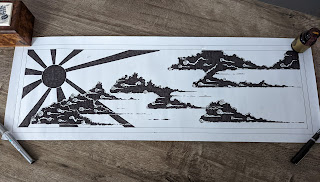House of the Dragon... The power of a good build up.

That's right, I started " House Of The Dragon " season 2. Let's talk about it, like hard, real hard because it does a whole lot right, especially in todays world where screenwriters and showrunners have completely forgotten how to write a good story and then translate it to the screen. Most modern renditions of my favorite childhood stories are so bad that when I watch them I can smell the sour grape and watermelon vape fumes of the douche-people who wrote them. Because that's the kind of image modern literature and film puts in my head. A douchey one with a whole lot of vape-fumes. What an image, it I could describe it, it would look like this: It's this image of an androgynes guy sitting outside the Star-bucks. He's got whispers of chin hair on his prepubescent jawline, and poorly applied black nail polish on his hands. There's an uncentered man-bun on his head, a snake of ratty coils, unwashed hair that smells of pot smoke. Leaning on his tiny littl...





